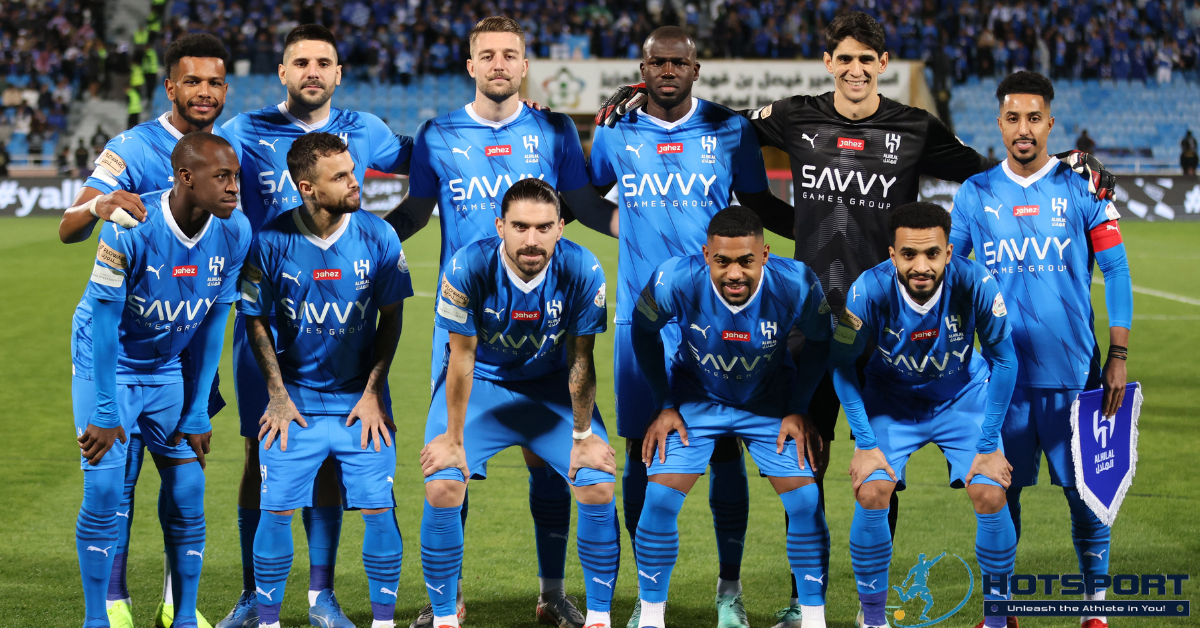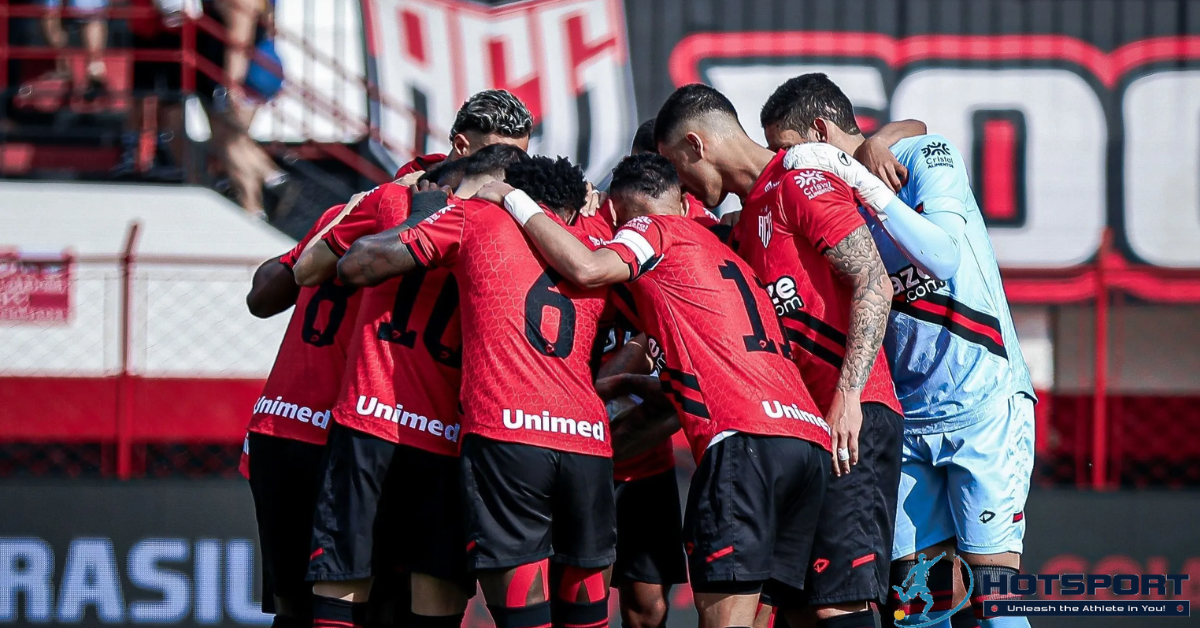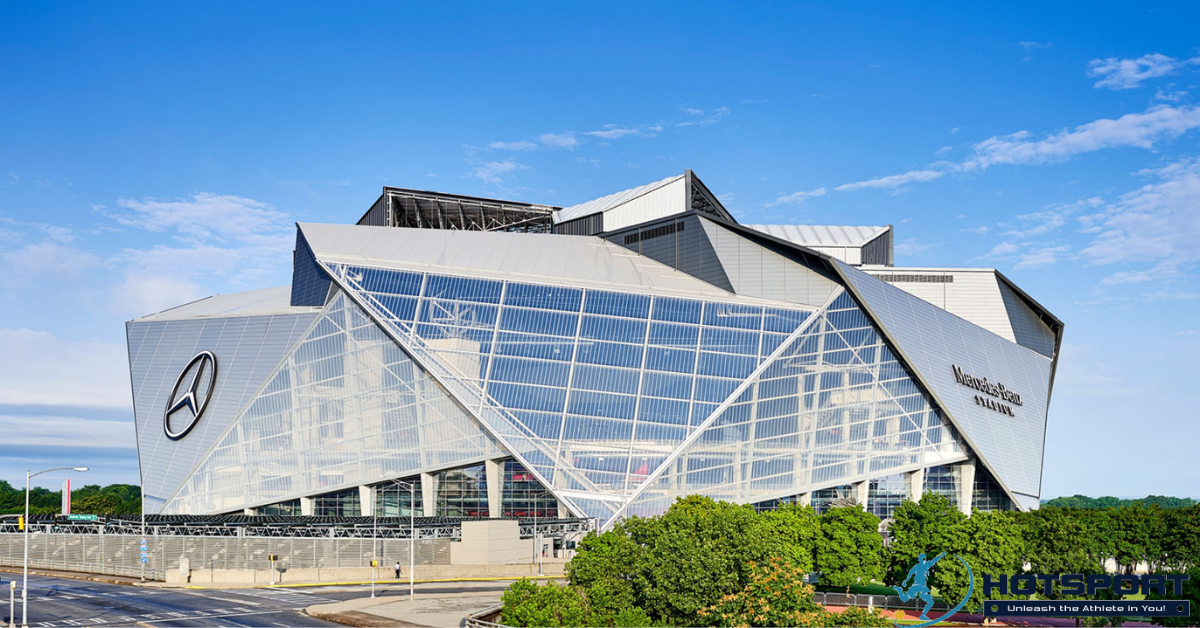Cruz Azul: The History of a Mexican Football Giant
Cruz Azul is more than just a football club; it is an institution that embodies the passion, history, and identity of millions of fans in Mexico and beyond. Founded in 1927, the club has established itself as one of the most successful and beloved teams in Mexican football, with a journey marked by titles, intense rivalries, and unforgettable moments. This article delves into Cruz Azul’s history, exploring its origins, achievements, legendary players, and unique connection with its fanbase.
Origins and Foundation
A Club Born in Industry
Cruz Azul was founded on May 22, 1927, in Jasso, Hidalgo, Mexico. Its creation is directly tied to the Cruz Azul Cooperative, a cement company aiming to promote sports among its workers. The name “Cruz Azul” reflects the company’s brand, and the club was established to unite the local community through football. Initially competing in amateur leagues, Cruz Azul’s ambition and organization led to rapid growth.
Rise to Professionalism
In the 1940s, Cruz Azul began to shine in regional tournaments, paving the way for its entry into professional football. In 1964, the club achieved a historic milestone by earning promotion to the Primera División, Mexico’s top tier. This moment marked the beginning of a golden era, establishing Cruz Azul as a national powerhouse.
The Golden Era: 1960s and 1970s
Dominance in Mexican Football
The 1960s and 1970s are regarded as Cruz Azul’s golden age. Under coaches like Raúl Cárdenas, the club won five Liga MX titles between 1969 and 1974 (1968-69, 1970, 1971-72, 1972-73, and 1973-74). This remarkable run earned the team the nickname “La Máquina” (The Machine), reflecting its consistency and dominant playing style.
Iconic Players
During this era, Cruz Azul boasted legendary players who left an indelible mark. Names like Argentine goalkeeper Miguel Marín, known for his agility, and midfielder Héctor Pulido, celebrated for his skill, were instrumental in the club’s success. Juan Ignacio Basaguren, who scored the goal that secured the first Liga MX title in 1969, also won the hearts of fans. These players not only elevated the team’s technical level but also became idols for the supporters.
International Achievements
Glory in CONCACAF
Cruz Azul has excelled in continental competitions, particularly in the CONCACAF Champions League, winning six titles (1969, 1970, 1971, 1996, 1997, and 2014), a record that underscores its regional dominance. The most recent victory in 2014 marked the club’s return to international prominence after years of challenges.
FIFA Club World Cup Participation
In 2001, Cruz Azul represented CONCACAF in the inaugural FIFA Club World Cup in Spain. While they did not win the title, their participation was a milestone, putting the club on the global football map. In 2025, Cruz Azul’s latest CONCACAF triumph secured another opportunity to shine on the world stage.
Historic Rivalries
The Clásico Joven: Cruz Azul vs. América
One of the fiercest rivalries in Mexican football is the “Clásico Joven” against Club América. This matchup, pitting two of Mexico’s most popular clubs against each other, is known for electrifying games and passionate fan support. Cruz Azul has delivered memorable victories, such as the 1971-72 Liga MX final, but has also endured painful losses, making each encounter a spectacle.
Other Rivalries
Beyond América, Cruz Azul maintains rivalries with other major clubs like Pumas UNAM and Chivas Guadalajara. These matches are highly anticipated, often deciding key positions in the standings or knockout stages.
Moments of Resilience
Breaking the Title Drought
After its success in the 1960s and 1970s, Cruz Azul endured a 23-year title drought in the Liga MX from 1997 to 2021. This period, marked by several lost finals, led to the term “Cruzazulear,” used to describe situations where the team lost seemingly winnable matches. However, in 2021, under coach Juan Reynoso, Cruz Azul ended the drought by winning the Liga MX title, bringing joy and relief to its fans.
Rebuilding and Renewal
Following the 2021 triumph, Cruz Azul continued to seek consistency. Winning the Supercopa MX in 2022 and the CONCACAF Champions League in 2025 demonstrated the club’s return to glory. The management invested in young talent and infrastructure, ensuring “La Máquina” remained competitive.
Eternal Idols
Historic Figures
In addition to the stars of the golden era, Cruz Azul has produced other icons over the years. Carlos Hermosillo, the club’s all-time leading scorer, made his mark with decisive goals in the 1980s and 1990s. Christian Giménez, known as “Chaco,” won fans over with his grit and dedication in the 2010s. More recently, players like Jonathan Rodríguez and Luis Romo have stood out for their contributions.
The Role of Foreign Players
Cruz Azul has successfully integrated foreign talent into its roster. Players like Argentine Ángel Morales and Uruguayan Jonathan Rodríguez brought technical quality and charisma, enriching the club’s history. The blend of Mexican and international stars is a hallmark of “La Máquina.”
The Fans: The Heart of Cruz Azul
Blue Passion
Cruz Azul’s fanbase, known as “La Cementera,” is one of the most passionate in Mexico. Present across the country, they fill stadiums like the Estadio Azteca, where the club plays its home games, creating a vibrant atmosphere with chants and flags. The bond between the team and its supporters is deep, with entire generations of families sharing their love for the club.
Cultural Impact
Cruz Azul transcends football, influencing Mexican culture. Its blue and white colors are symbols of pride for fans. The club inspires music, films, and even popular expressions like “Cruzazulear,” which, though originally negative, has been embraced by fans as a sign of resilience.
The Stadium and Cruz Azul’s Home
From Estadio 10 de Diciembre to Azteca
In its early years, Cruz Azul played at the Estadio 10 de Diciembre in Hidalgo. As the club grew, it moved to the iconic Estadio Azteca in Mexico City, shared with rival América. A two-time World Cup venue, the Azteca has witnessed historic moments for Cruz Azul.
Future Projects
Recently, discussions have emerged about building a dedicated stadium for Cruz Azul. This initiative reflects the club’s desire to have its own home, further strengthening its identity and connection with fans.
Recent Achievements and the Future
Titles from 2018 to 2025
In recent years, Cruz Azul has experienced a renaissance, winning titles such as the Copa MX (2018), Supercopa MX (2019), Leagues Cup (2019), Liga MX (2021), Campeón de Campeones (2021), Supercopa MX (2022), and CONCACAF Champions League (2025). These achievements highlight the club’s strength across various competitions and its ability to reinvent itself.
Future Prospects
With a solid foundation of players, committed management, and a passionate fanbase, Cruz Azul is well-positioned for continued success. The club invests in its youth academy to nurture new talent and maintains a competitive squad for national and international competitions. The 2025 FIFA Club World Cup offers a golden opportunity to elevate Cruz Azul’s global standing.
Legacy and Social Impact
Beyond the Pitch
Cruz Azul also excels in social initiatives. Through the Fundación Cruz Azul, the club promotes education, health, and sports programs for underserved communities, particularly in Hidalgo. These efforts underscore its commitment to its humble origins and social responsibility.
A Symbol of Resilience
Cruz Azul’s history is a story of overcoming adversity. From its roots as a workers’ team to becoming a football powerhouse, the club has faced challenges and celebrated triumphs. Its ability to reinvent itself, even in tough times, inspires fans and football enthusiasts.
Conclusion
Cruz Azul is far more than a football club; it is a symbol of passion, history, and unity. With 98 years of existence, “La Máquina” has captured the hearts of millions of Mexicans and left an indelible legacy in the sport. From its origins in Jasso to its glories at the Estadio Azteca, Cruz Azul continues to write its story with grit, talent, and love for the badge. For its fans, being a “cementero” means carrying the pride of belonging to one of Mexican football’s greatest institutions. ¡Vamos, Máquina!






















